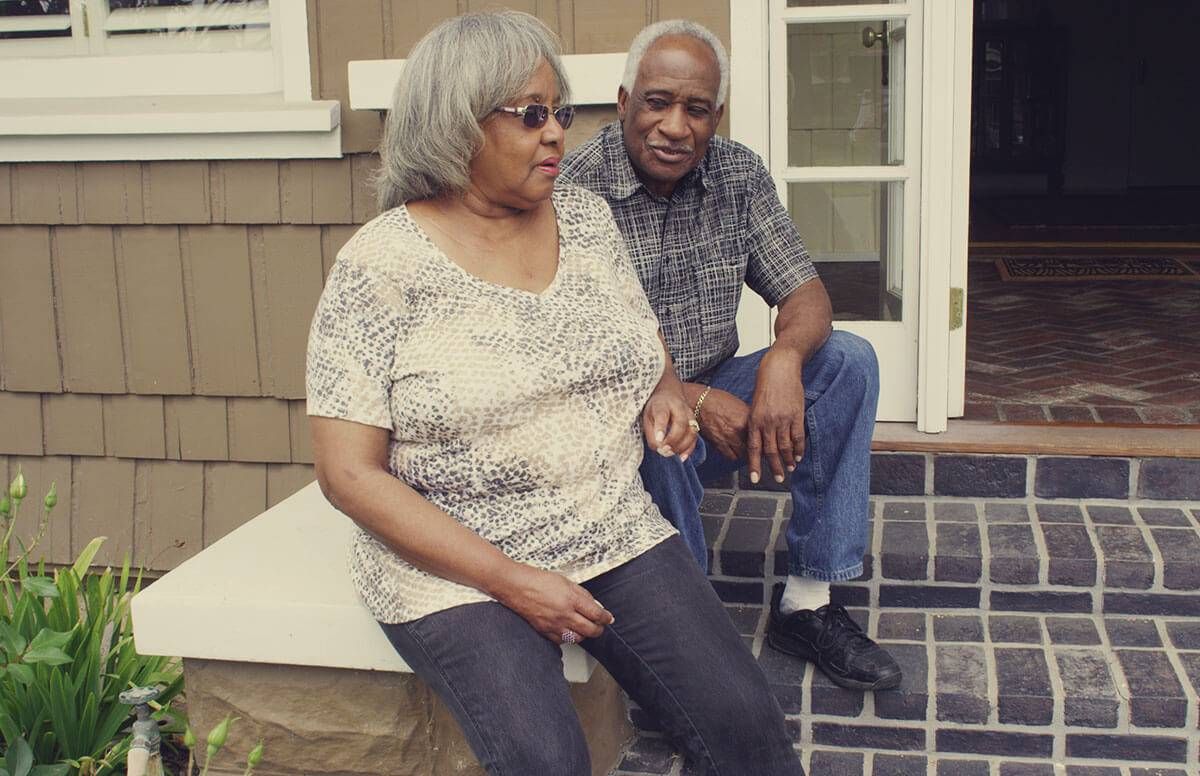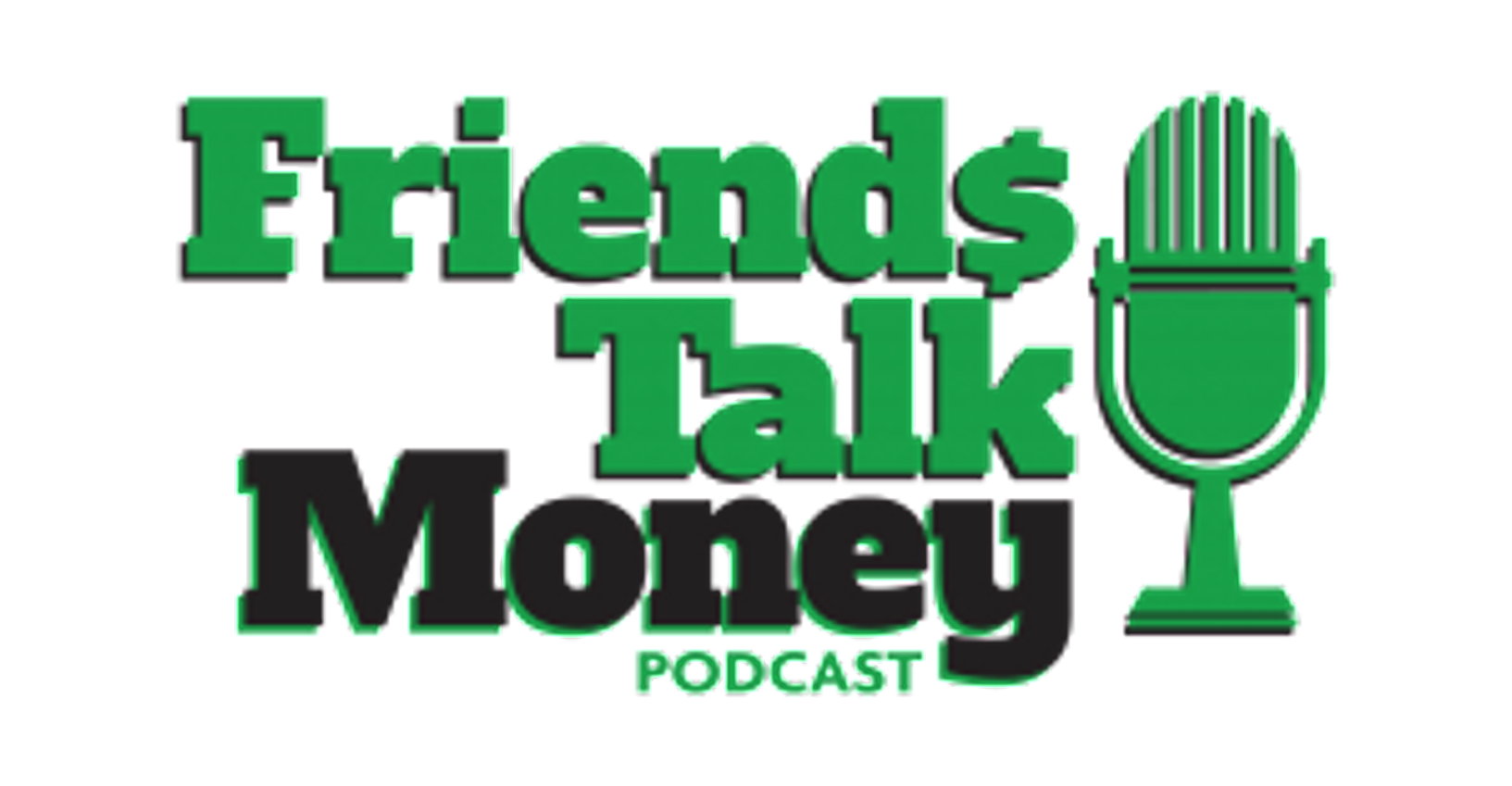LISTEN: What to Know Before Getting a Reverse Mortgage
Pros and cons in the new 'Friends Talk Money' podcast episode
Once you turn 62, if you own a home, you’re generally eligible to get what’s known as a reverse mortgage — a way to tap your home equity and age in place without making mortgage payments. But should you?

That question is debated on the new Friends Talk Money podcast episode that I co-host along with personal finance writer Terry Savage and investor advocate Pam Krueger, founder of the Wealthramp web service. (You can listen to the podcast on your favorite streaming service or at the end of this article.)

Each year, about 50,000 to 60,000 people get the most popular type of reverse mortgage. It’s called a Home Equity Conversion Mortgage, or HECM, and is insured by the Federal Housing Administration .
How a Reverse Mortgage Helped Her Dad
On the Friends Talk Money podcast, Savage notes that she knows firsthand “how beneficial a reverse mortgage can be.” She helped her dad take one out when he lived in a condo in his 80s. “It provided extra tax-free cash he needed to remain independently in his own home,” she says.
But, Savage adds, she had to pay some of her dad’s condo association assessment fees to ensure he could keep the reverse mortgage and continue living in his home.
Obligations of Reverse Mortgage Borrowers
And that’s one of the essential things to understand about reverse mortgages: If you get one, you’re obligated to continue paying property taxes and homeowners insurance premiums as well as taking care of any necessary maintenance and repairs. Otherwise, the lender may foreclose on your home.
In recent years, according to a new Brookings Institution paper on reverse mortgages, “18 percent of reverse mortgages ended in foreclosure” — often because the property taxes hadn’t been paid.
Reverse Mortgage Industry Has Reformed
Recent changes in the HECM program have helped clean up the reverse mortgage industry and reduced problems with unscrupulous lenders. “This mortgage has matured,” says Krueger. “I used to be not a fan, but now I’m in the camp that this is a tool to consider.”
As I note in the podcast, financial advisers often echo Krueger’s view and are more inclined to recommend older homeowners consider them as income sources than in the past.
Prospective borrowers are required to talk with someone at a certified Housing and Urban Development counseling agency before taking out a reverse mortgage. That’s so they are “protected and educated about what a reverse mortgage is and what the obligations are as borrowers,” says Lori Trawinski, director of banking and finance at the AARP Public Policy Institute.
Be Sure to Understand the Fees
Reverse mortgages, like traditional mortgages, come with an assortment of fees, which are added to the loan balance. For instance, there’s an origination fee, which could be as high as $6,000, plus an annual insurance fee of ½ of 1% of the outstanding loan balance. The upfront fees can exceed those of home equity lines of credit, according to the Government Accountability Office.
These fees are why Savage says “this concept works best for those planning to stay in their homes for quite a few years.”
Peter Bell, CEO of the National Reverse Mortgage Lenders Association, notes on the podcast that the size of the fees depends on the interest rate you choose — the higher your interest rate, the lower the fees.
Advises Krueger: If you’re thinking about getting a reverse mortgage, “do this with your eyes wide open.”


